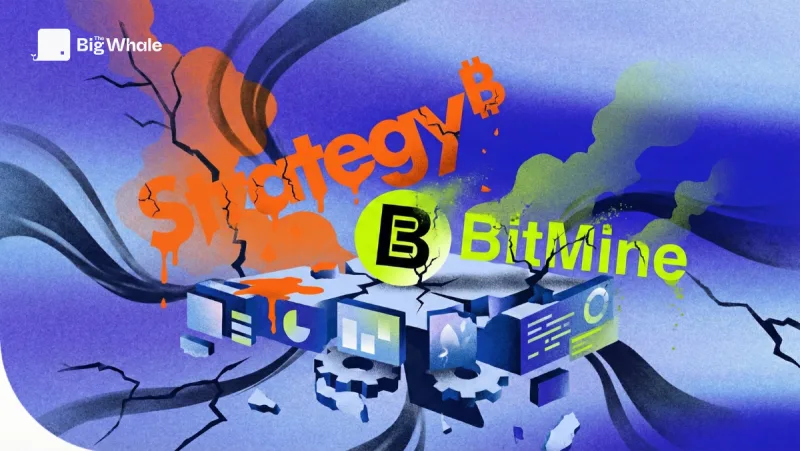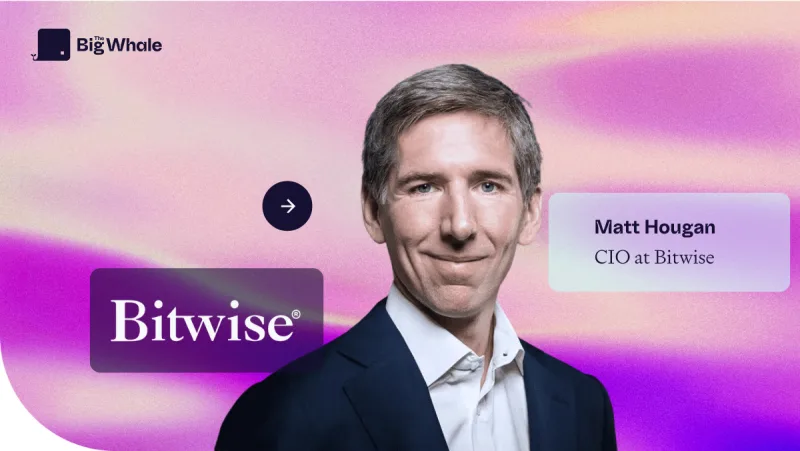Bitcoin ETFs vs. Direct Ownership: Pros and Cons for Investors
- Spot bitcoin ETFs in US attract interest and inflows, especially from institutions.
- Advisors face client questions on direct bitcoin ownership vs. ETFs.
- D.J. Windle creates "advisors guide" to navigate client questions.
- Miguel Kudry answers questions on differences between BTC and ETH ETFs.
- ETH ETFs introduce staking rewards, not available in ETF form.
- Advisors should consider custody options based on client needs and sophistication.
Summary :
The arrival of spot bitcoin ETFs in the US has sparked interest and inflows, particularly from institutions. Financial advisors are now fielding more questions from clients about whether they should own bitcoin directly or invest through ETFs. A detailed comparison of the two options reveals that ETFs offer professional management but come with management fees and limited control over the underlying asset. On the other hand, direct ownership provides more control but requires investors to manage their own purchases, sales, and custody. Custody and security differ as well, with ETFs utilizing institutional-grade custody solutions but introducing counterparty risk, while direct ownership requires investors to manage their own custody solutions, increasing responsibility for securing the assets. Trading and liquidity also vary, with ETFs offering high liquidity during regular market hours but limited trading outside of those hours, while direct ownership allows access to a 24/7 global market but with varying liquidity and potential higher fees. Tax implications differ as well, with ETFs offering more straightforward tax reporting but potential capital gains taxes upon selling, while direct ownership involves complex tax considerations but allows for direct management of capital gains and losses. For clients seeking a middle ground, institutional platforms through advisors provide professional management with direct ownership but come with additional costs. When it comes to ether ETFs, advisors should consider that staking rewards are only accessible through direct ownership, as ETFs do not offer this feature. Custody options should be tailored to individual investor profiles, and advisors should be prepared to support evolving needs and interests.
Sources :
- Coindesk



